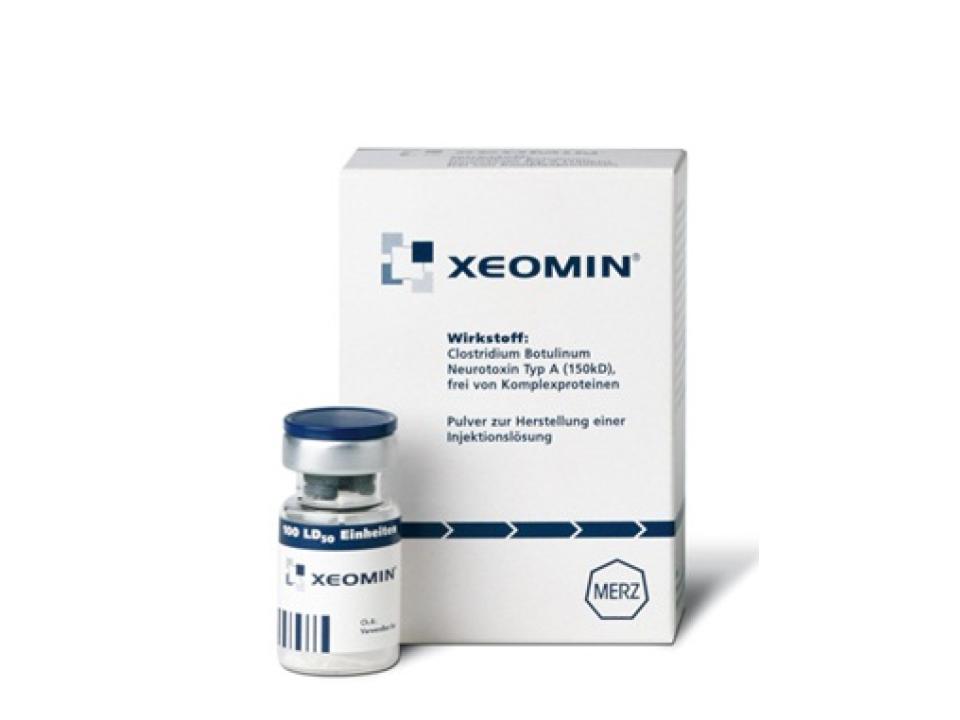
Extensive evidence-based studies and trials have been completed to support the role in botulinum toxin-based medications, helping to alleviate and prevent migraine attacks. Evidence suggests that these medications interfere with the pathway of pain transmission between the central nervous system and the peripheral nervous system.
A migraine attack can be described as a multifactorial neuronal dysfunction which results in releasing substances called neurotransmitters and molecules associated with pain. Botulinum toxin interferes with the transmission of these substances, typically where the nerves and muscles meet. Moreover, injecting Botulinum into the muscles around the face, head and neck, it is taken up by the nerves and interferes with pain-associated neurotransmission.
Xeomin is a type of botulinum toxin type A, similar to Botox. However, it is incobotulinum type A, so it doesn’t have the binding proteins that stabilize the molecule, resulting in potentially fewer side effects.
Xeomin is indicated for chronic pain and spasticity, we often use Xeomin to treat Chronic Migraine as well. Contact The Manhattan Center for Headache and Neurology to learn more about Xeomin!
By: Jordan Shankle, PA
